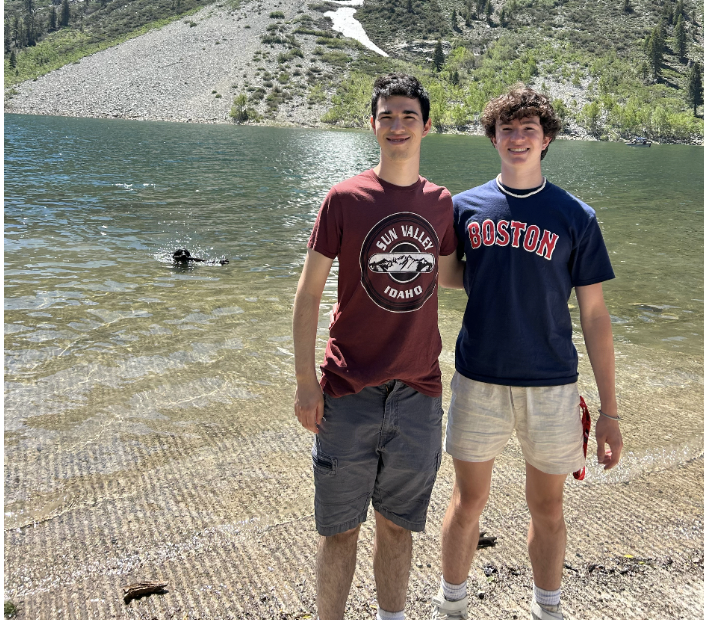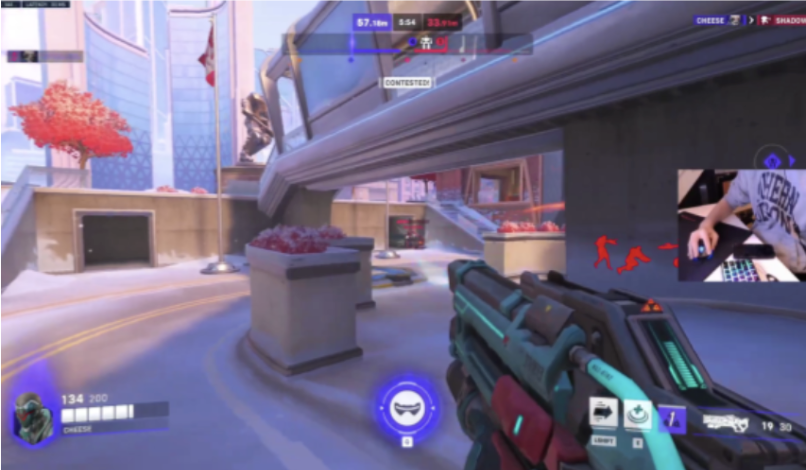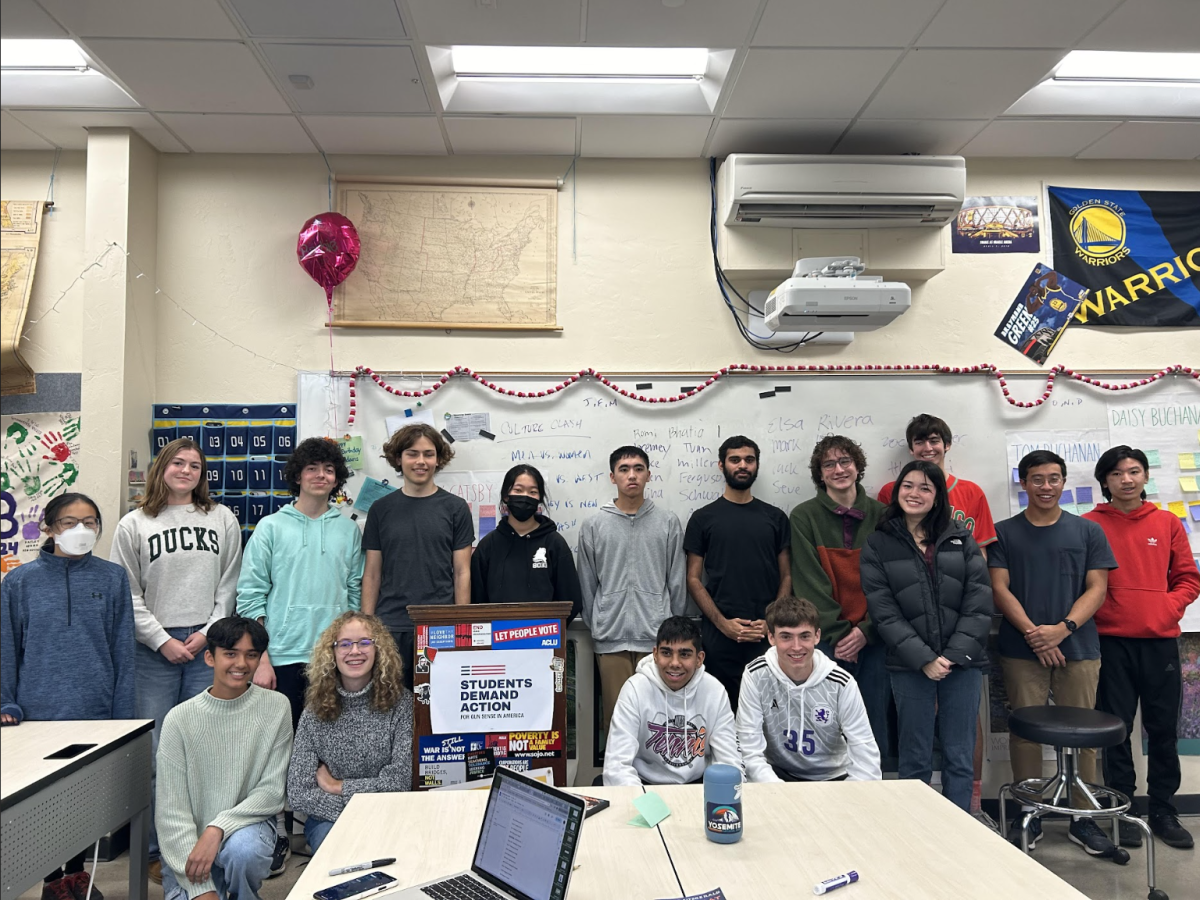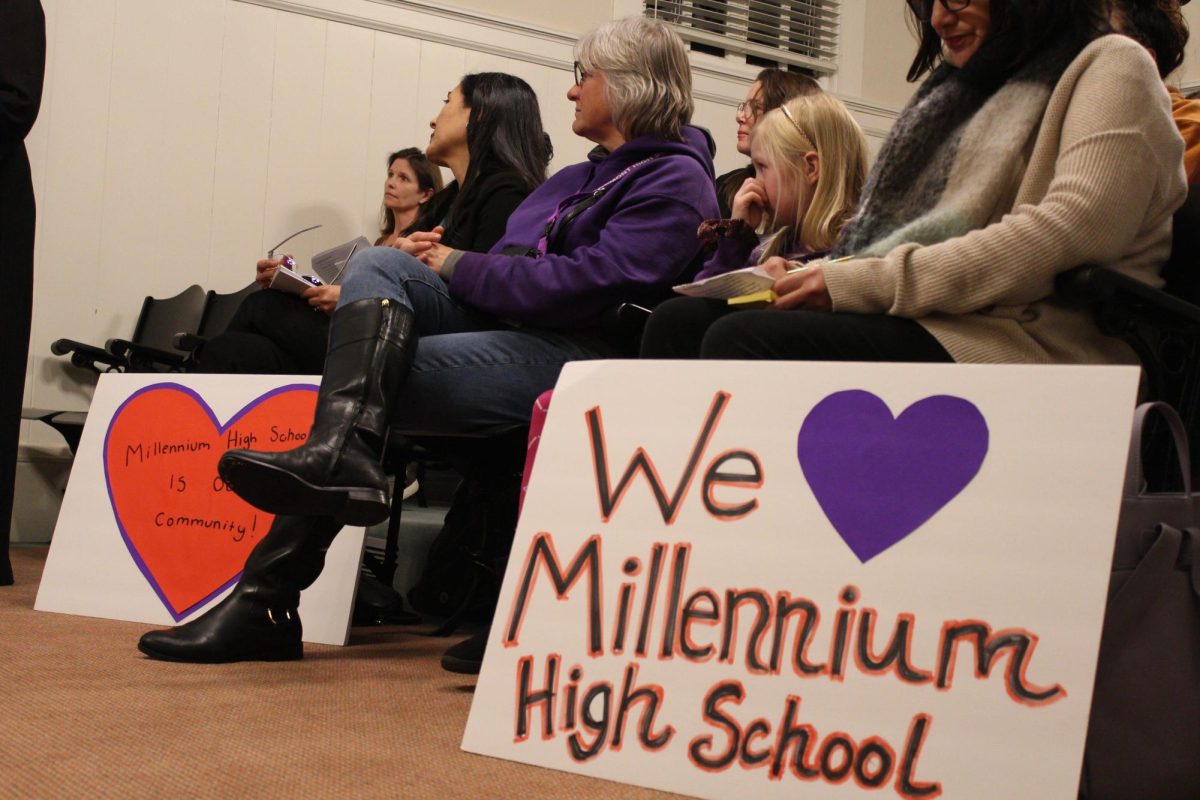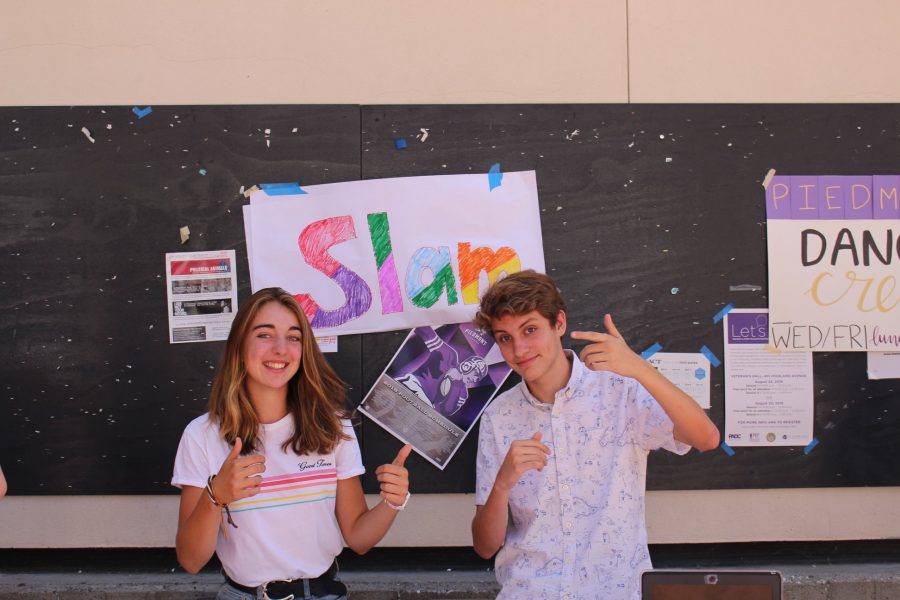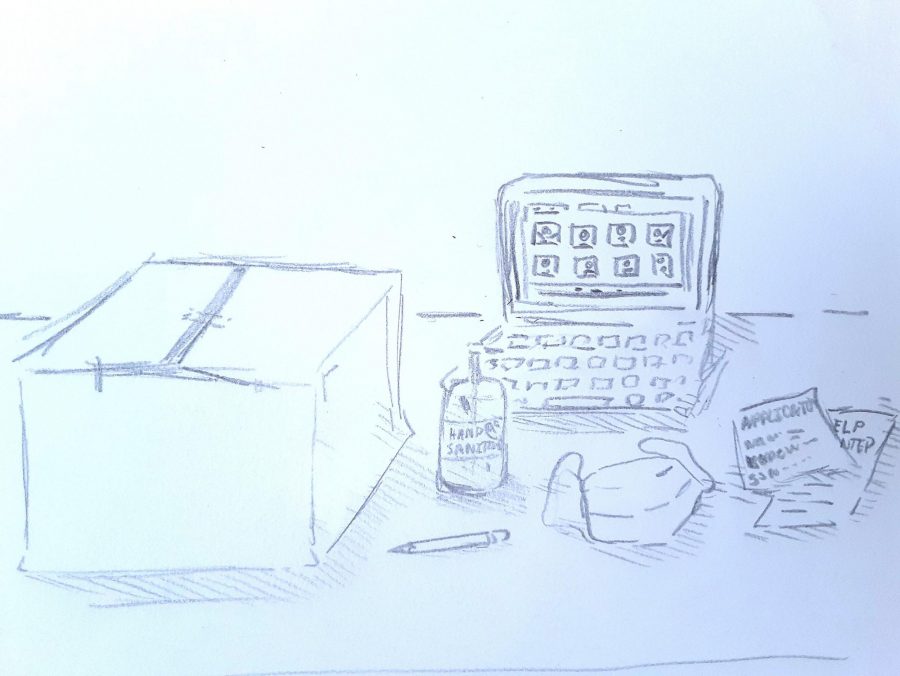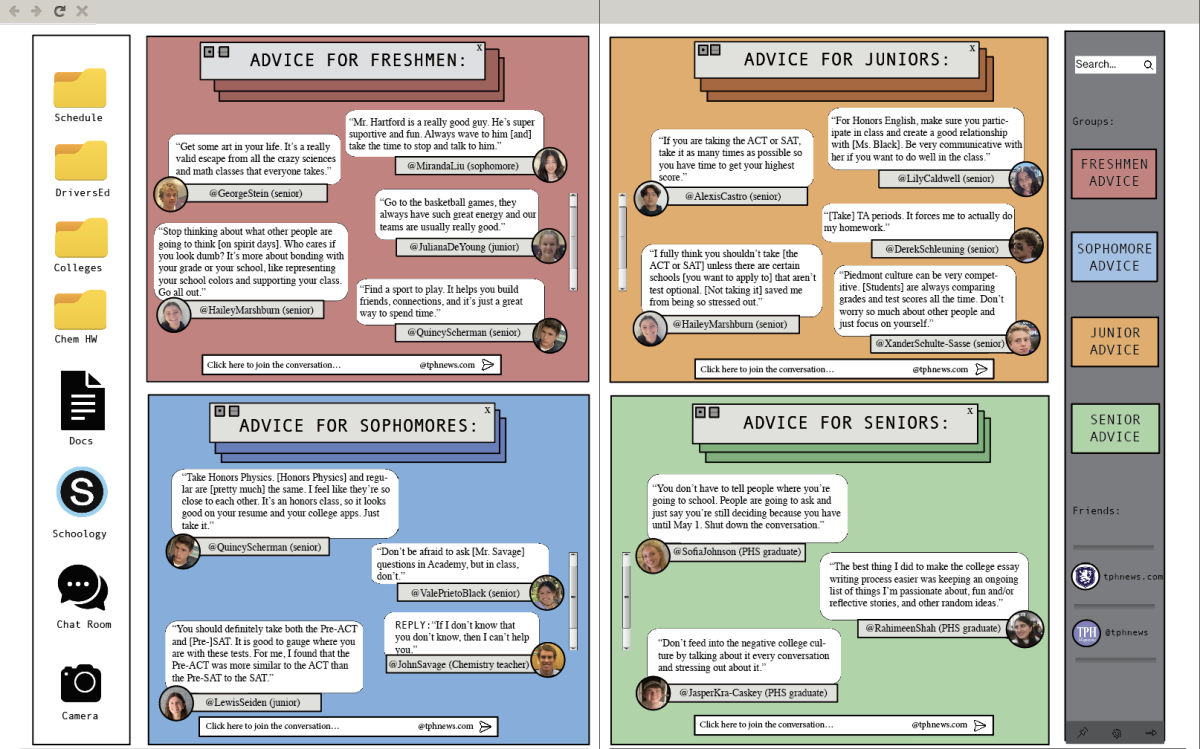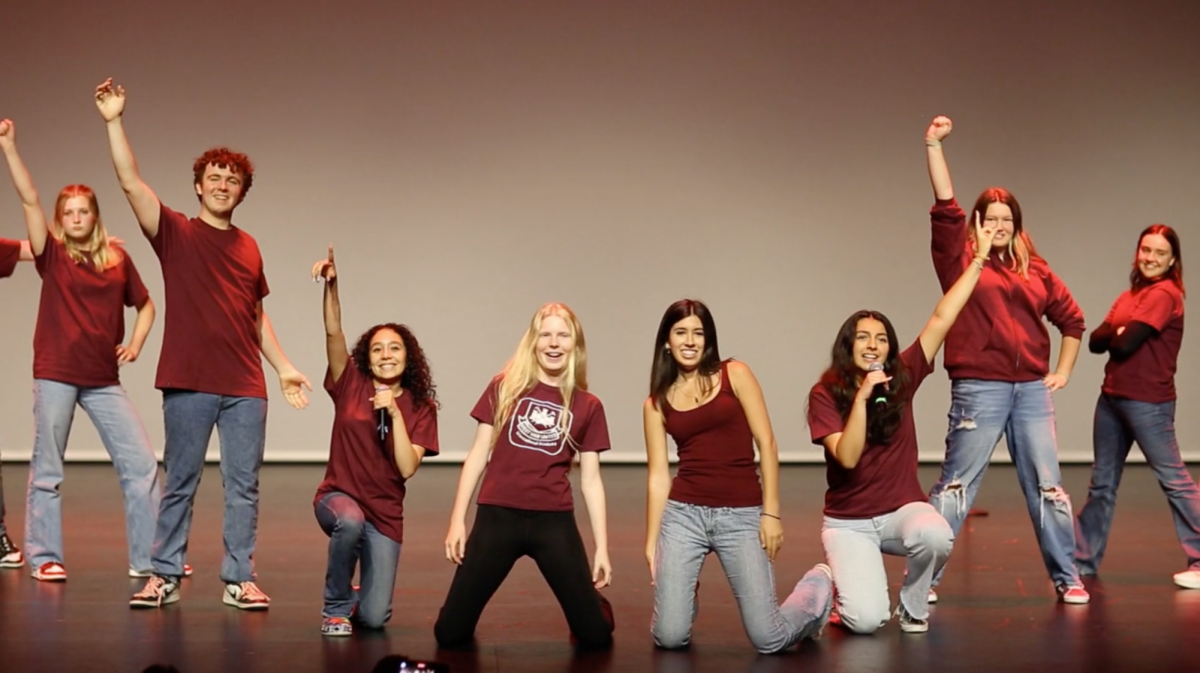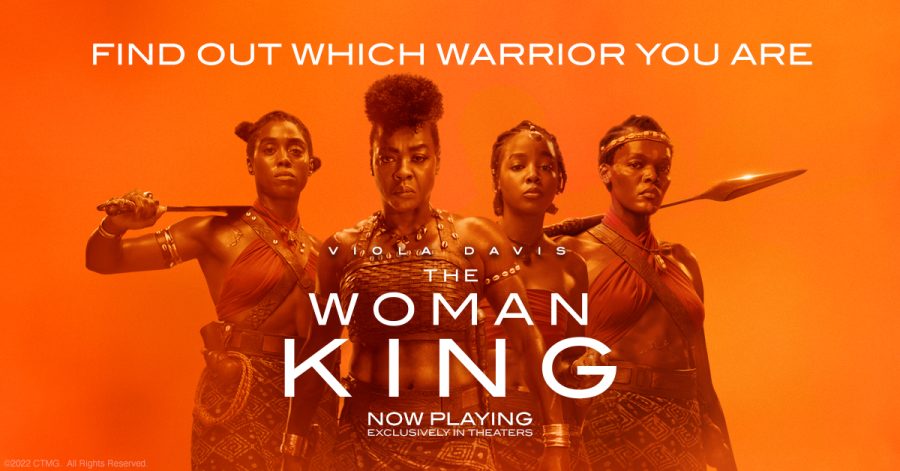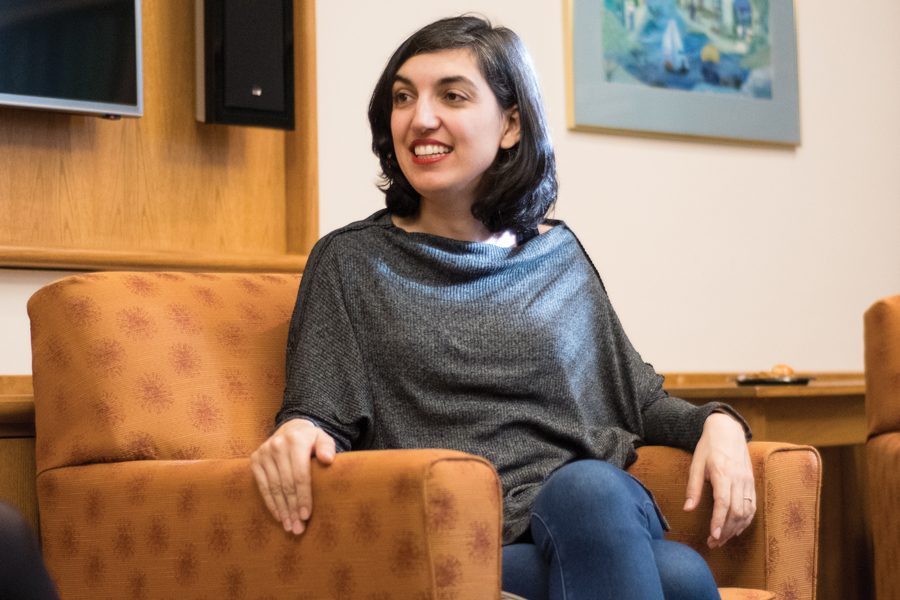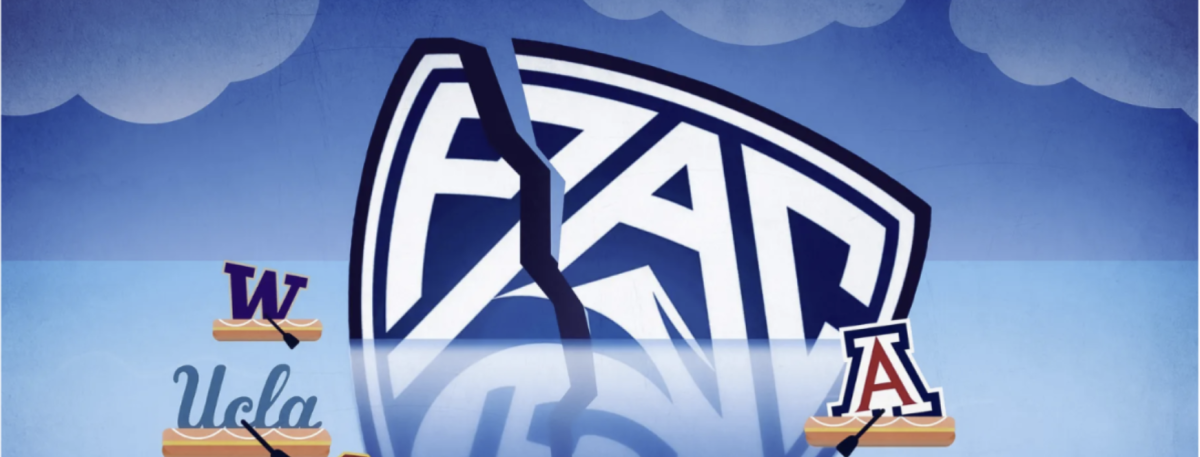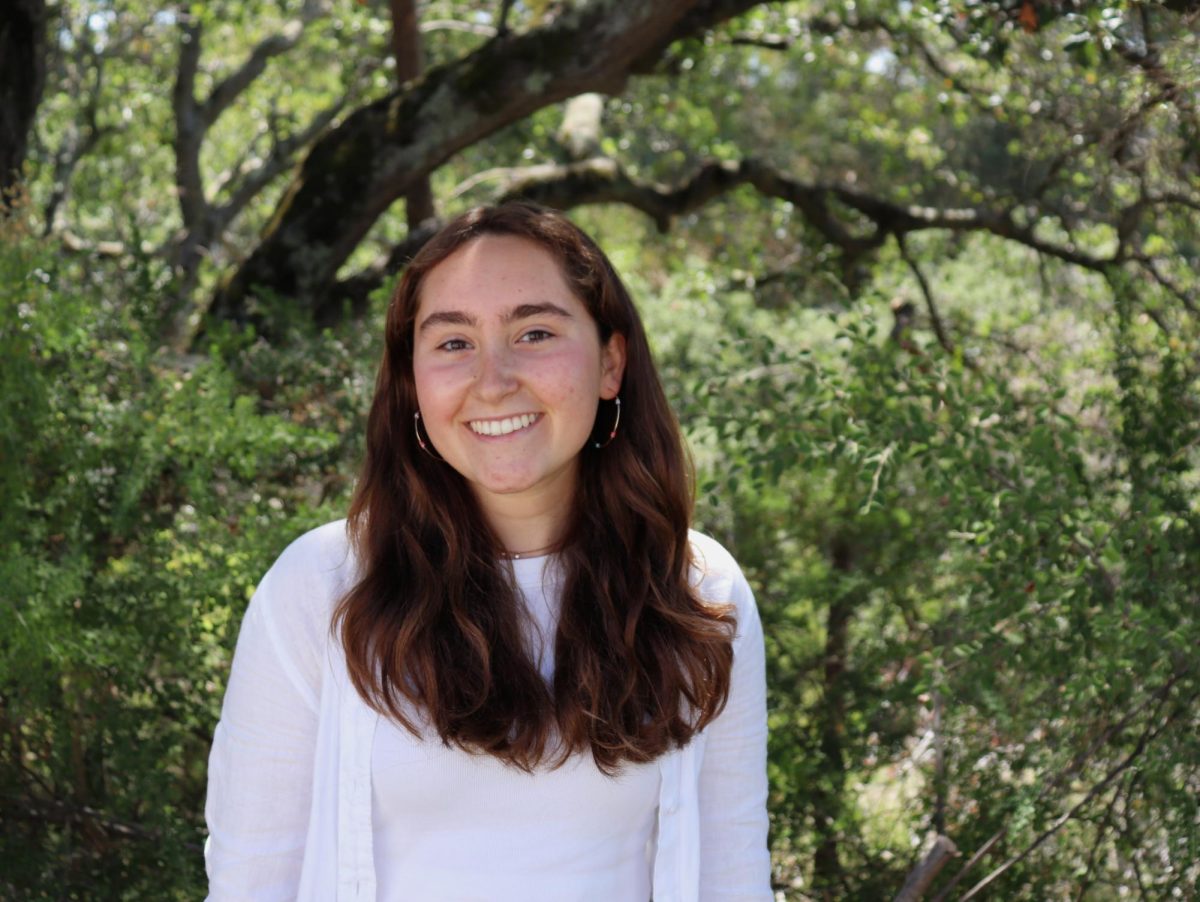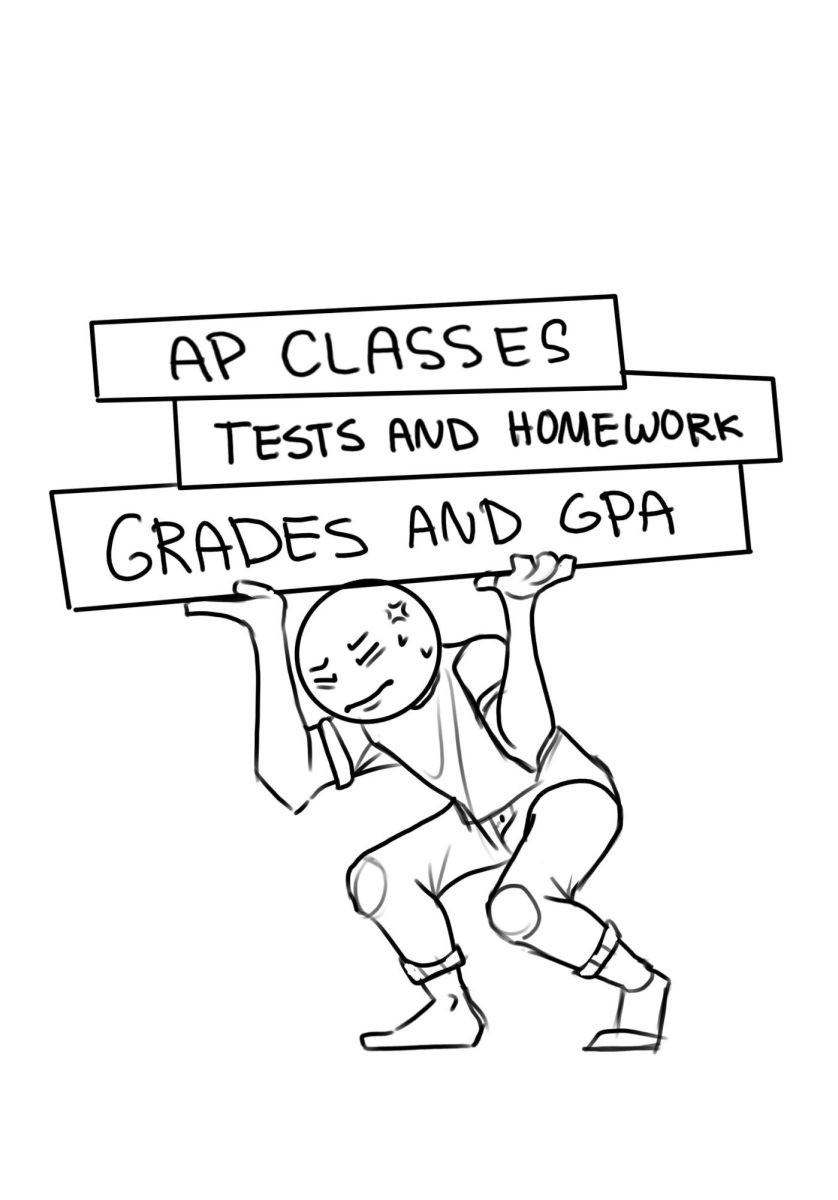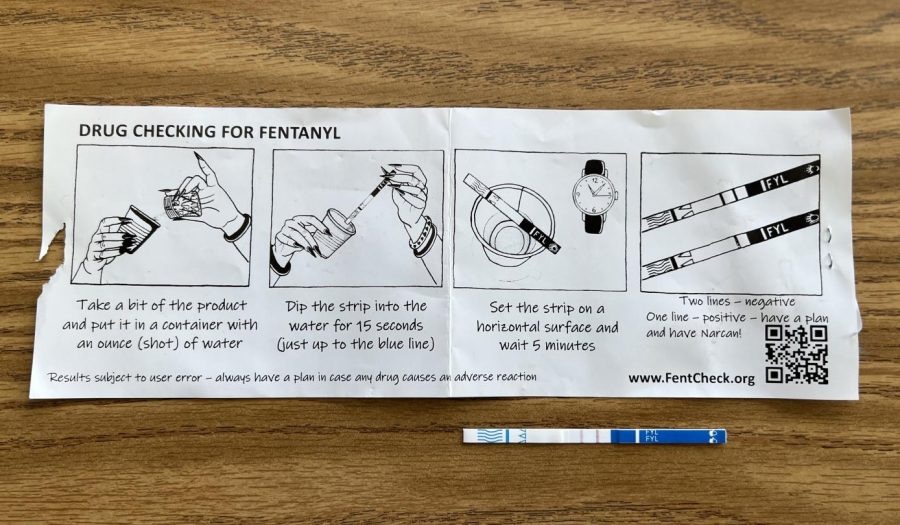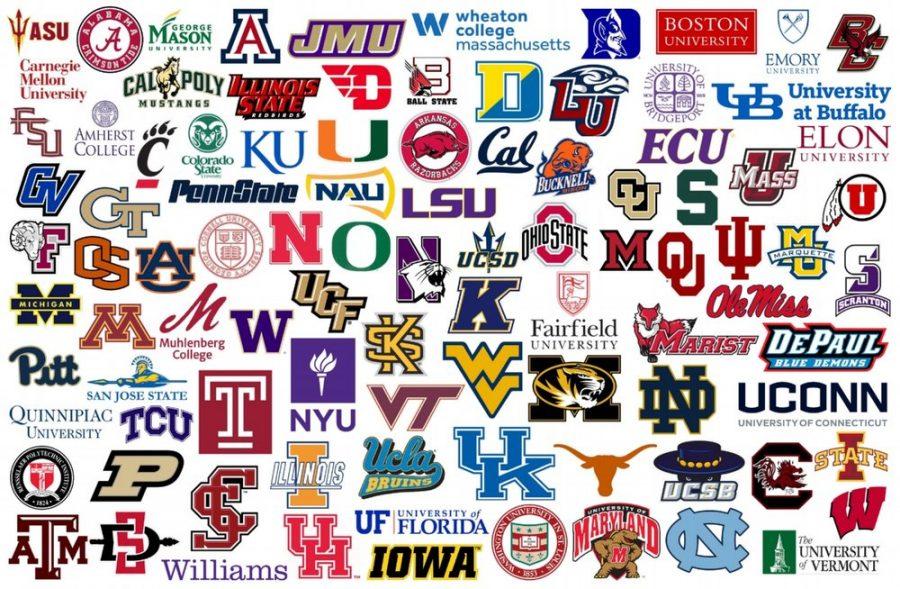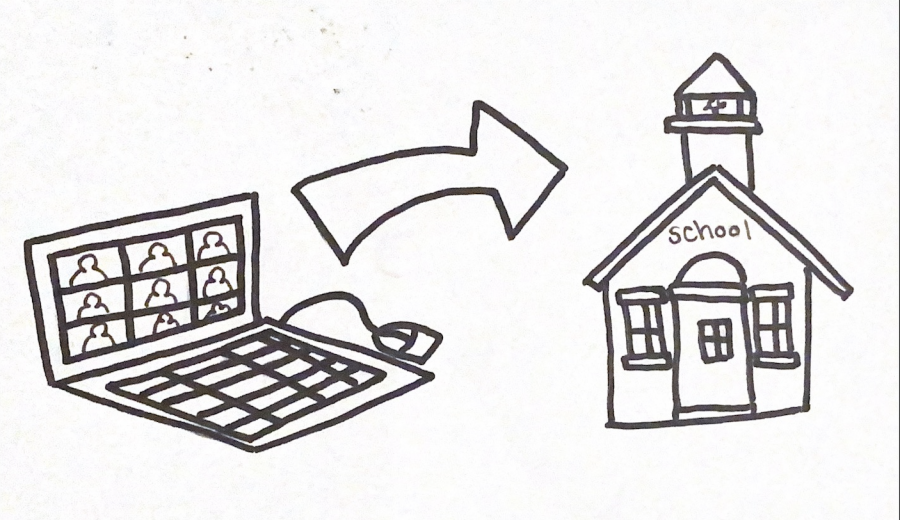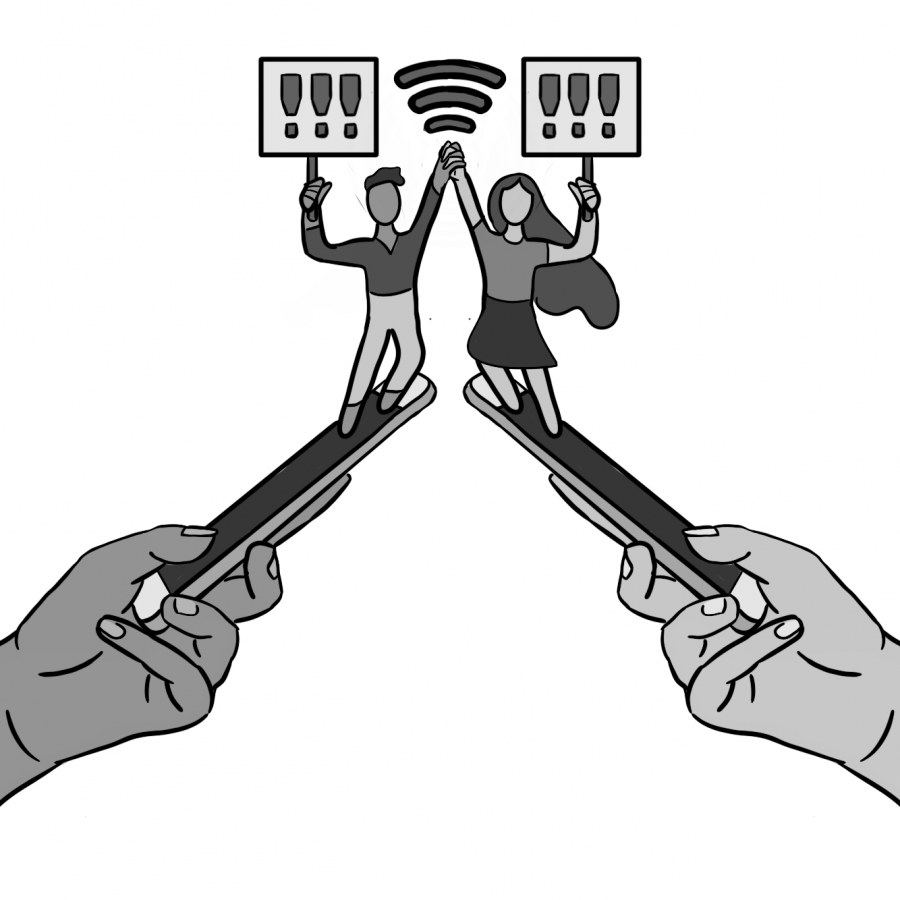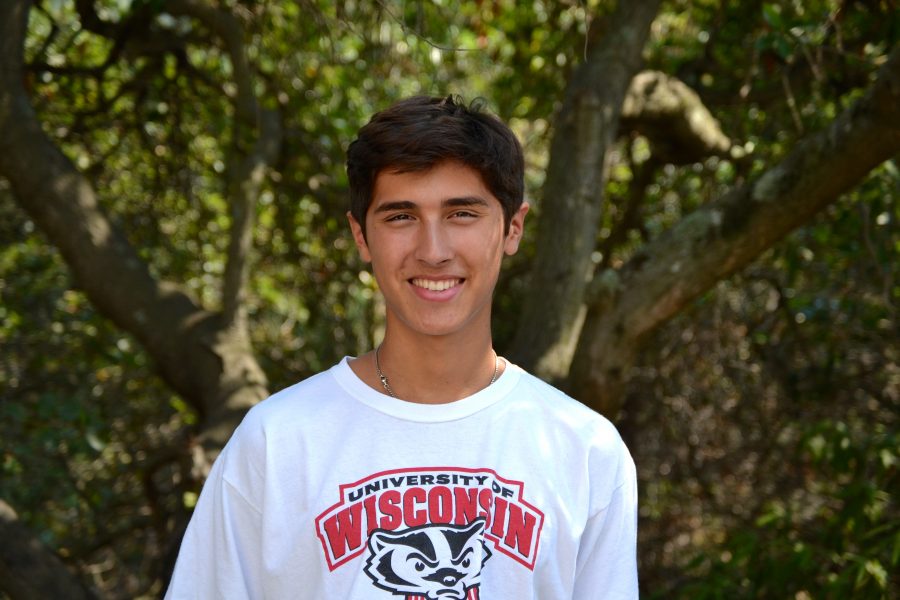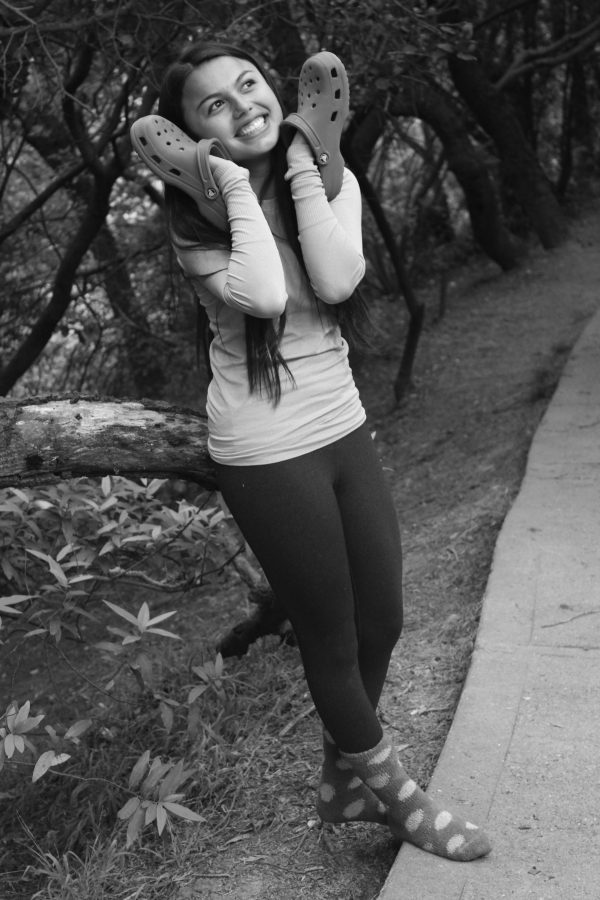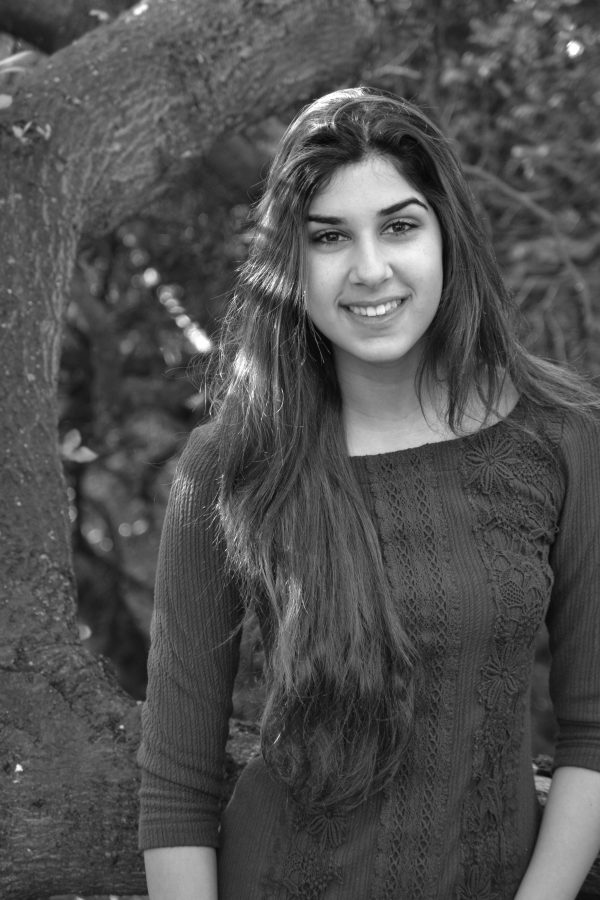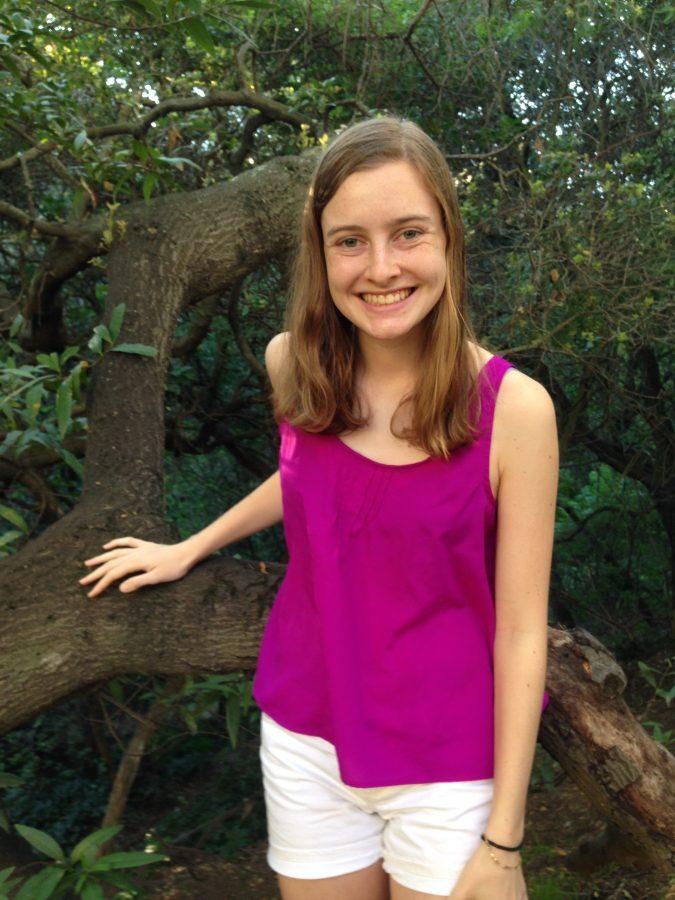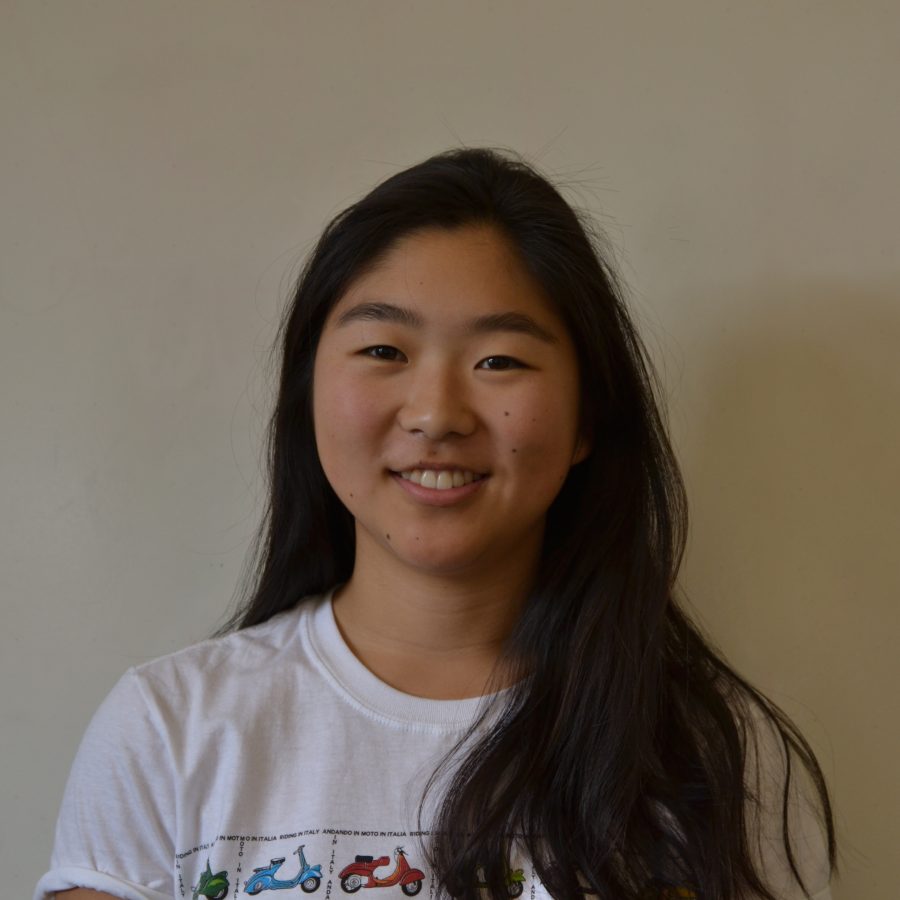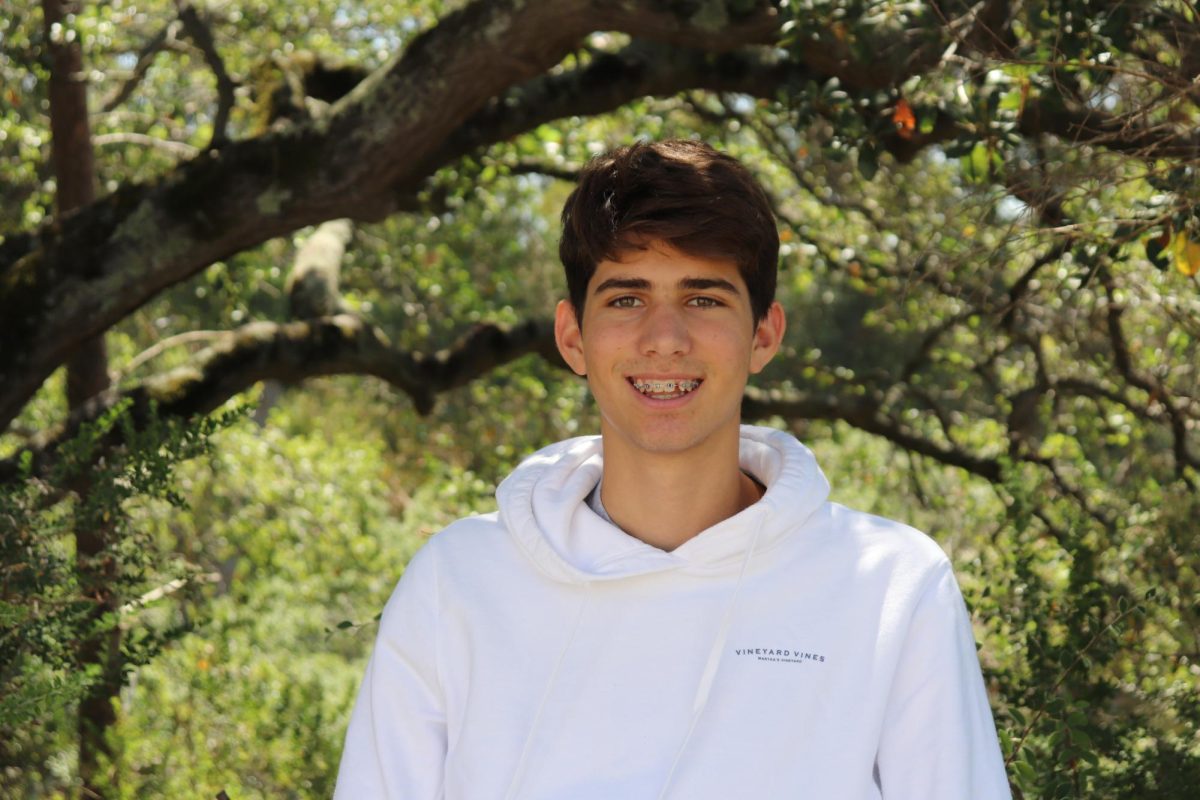All I want for winter is you. One foggy winter’s night. In the air, there’s a feeling of winter. When the Piedmont Troubadours performed their Holiday-o-Grams this year, there was something noticeably off: the words. Administration told the Troubs to refrain from singing the word Christmas, so instead they sang ‘winter.’ ‘Christmas list’ became ‘wishlist,’ ‘Christmas day’ became ‘New Year’s day,’ and ‘Christmas Eve’ became ‘winter’s night.’
These lyric changes were implemented to keep the songs from being associated with religion, something especially important at a public school. The motivation to do so is understandable, since the anti-semitic events that took place last spring have created tension regarding religion at Piedmont. However, this may not have been the best way to try to make progress towards a more accepting and inclusive school environment.
We have become hypersensitive to offending those around us. This is better than blatantly insulting everyone who crosses your path, but it limits us and keeps us from speaking freely at times. As a society and as a generation, we overreact to the littlest things, like the word ‘Christmas’ in a holiday carol. The Troubadours continued to sing the words ‘Santa,’ ‘mistletoe,’ and ‘Rudolph,’ all things known to be a part of Christmas tradition; they sang everything but the word Christmas. The Troubadours are a diverse bunch, with a mixed range of religious practices, and all agreed that the use of ‘Christmas’ was not offensive. So, what effect does taking out the word “Christmas” really have? In an age of constant advertising, marketing, and consumerism, Christmas-related products are everywhere. The stores put Christmas decorations on shelves in November, and many Americans begin to get out their Christmas trees soon after. The holiday has evolved to become a somewhat secular holiday, in that everyone, even those of other religions, can enjoy the music and festivities that come around every December whether or not they celebrate its religious significance.
Making changes to create a school that is inclusive of all religions is difficult. If we wanted to treat every religion as truly equal, we would have to change our breaks, which are Christianity-centric, to accommodate all religious holidays. Spring break often falls around Easter time, and winter break includes Christmas but rarely Hanukkah. In fact, it was finals week during Hanukkah. Imagine having a fifty-question multiple choice test and an in-class essay on Christmas. Many Jewish students, and even teachers and staff, are also forced to miss school for Rosh Hashanah, the Jewish New Year that falls in September. They are then forced to make up the school work they missed, which is like having to make up work for missing school on Dec. 31 or Jan. 1, something unthinkable to most students.
In A cappella, they sing songs of all cultures, in several languages. There might be a song in Hebrew, followed by a latin text about Jesus, followed by a gospel anthem, along countless others to create a full and cultured variety that everyone can appreciate. Mr. Piazza educates his students on the musical text, but the essence of the song and the music itself is what makes an impact on the audience more than the religious significance. It spreads the message, inspirational or tragic or beautiful, more than it spreads the specific religion.
Of course, this specific incident of word-changing could have been caused by a student complaint, and these wishes should be respected. There is a valid argument that staying secular is safest, as it lessens possibility of someone taking offense, but then we lose the possibility of appreciating different cultures. However, music is not the right medium to restrict religious connotations, since a wide majority of music stems from faith. There has to be a way to express ourselves creatively in a way that is respectful and inclusive of all. Especially as students, it is important that we are exposed to as many cultures and walks of life as possible. Inclusion of minority is a better solution than exclusion of majority.


